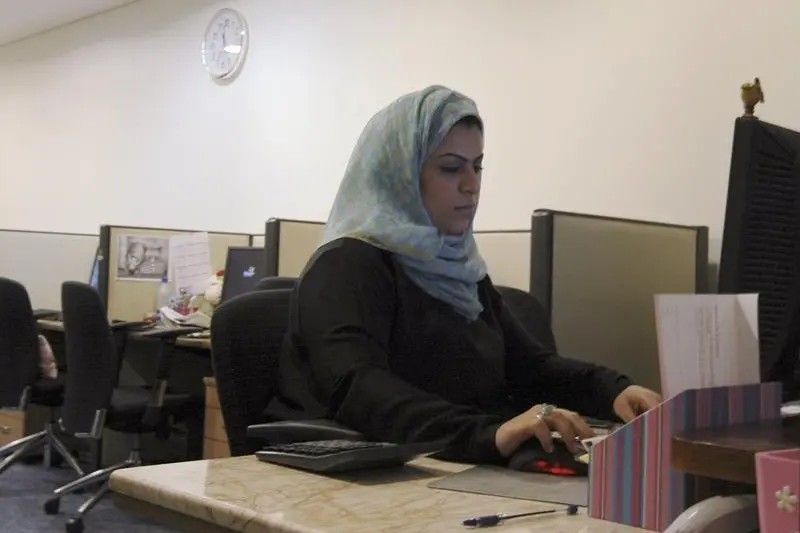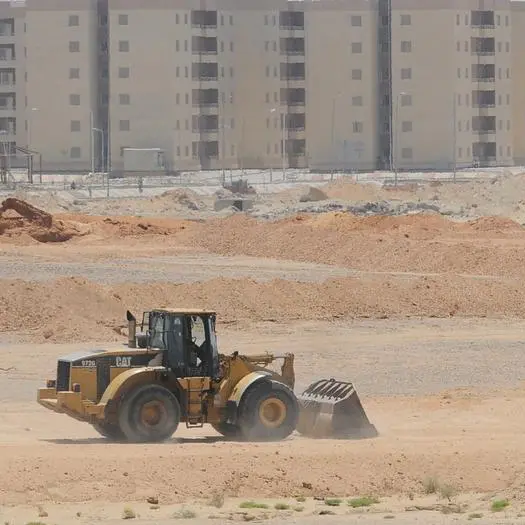PHOTO
Jennifer Bell
DUBAI: Young Emiratis are already answering their country’s call to serve on the frontline of emergency medical services, as UAE health chiefs praise the “extremely positive” response to a new initiative aimed at drawing more nationals into the vital care sector.
National Ambulance launched its Emirati Emergency Medical Technician (EMT) program in May, in collaboration with the University of Sharjah and Australia’s Charles Sturt University, with the aim of recruiting up to 35 UAE high-school graduates in the Northern Emirates to bolster the country’s health workforce.
The successful candidates undergo 12 months of training, enabling them to gain the theoretical and practical knowledge necessary to then take up full-time positions as EMTs with National Ambulance.
The goal of the initiative — which will begin in the 2017/18 academic year — is to meet the demands of the UAE’s rapidly-expanding health sector while also inspiring young Emiratis to pursue jobs that will allow them to perform a critical service for their community.
“Since the program was launched, the response from local people has been extremely positive,” said Ahmed Al Hajjeri, Deputy CEO of National Ambulance. “We have been impressed by the calibre of those applying to join, and we have set high standards to ensure the first batch of graduates for this new initiative have the best chance to succeed.
“To meet the demands of the growing health sector in the UAE, we identified an opportunity that combined meeting an operational need while also creating career opportunities for UAE nationals.
“Providing the nation with highly-trained professionals coming from the communities where we operate is a strategic objective for us.’
As it develops, the initiative is intended to help reduce the UAE’s reliance on foreign health care workers by nurturing homegrown talent to fill key roles.
Al Hajjeri believes having UAE nationals in EMT positions can bring a new and potentially crucial dimension to the role, due to their particular skills, mindset, and cultural understanding.
“Emiratis can utilize their local insight of culture and locality to enhance our service,” he said. “In the emergency services, every second counts, and the knowledge and skills of Emiratis can come to the fore.”
Robert Ball, CEO of National Ambulance, believes the initiative will ensure the service is representative of the communities it serves.
“It is important that our workforce reflects and respects everywhere that we operate,” he said. “Working on the frontline of health care is an attractive and worthwhile career, and our Emirati EMT program will enable local people to learn new skills and develop a career in a sector which is critical to the nation.
“National Ambulance prides itself on being a leader in delivering emergency health services to the people of the UAE. Our standards reflect the highest international best practice, so initiatives such as our Emirati EMT program represent a model way of making progress.”
Following a selection process, the successful candidates — all of whom will be aged between 18 and 30 — will undergo training from academic specialists and internationally-qualified educators.
The program, which is intended to be an ongoing exercise, will comprise a foundation module led by the University of Sharjah, a core module based on Charles Sturt University’s curriculum, and an operations module led by National Ambulance.
Students will learn basic life support and trauma support methodology and techniques, and familiarise themselves with ambulances and equipment, before entering clinical placements at Northern Emirates hospitals and joining experienced National Ambulance teams on the road.
National Ambulance has a 745-strong workforce — 90 percent of whom are clinical staff. The organization ultimately aims to have 10 percent of its workforce comprised of Emiratis.
© Arab News 2017





















